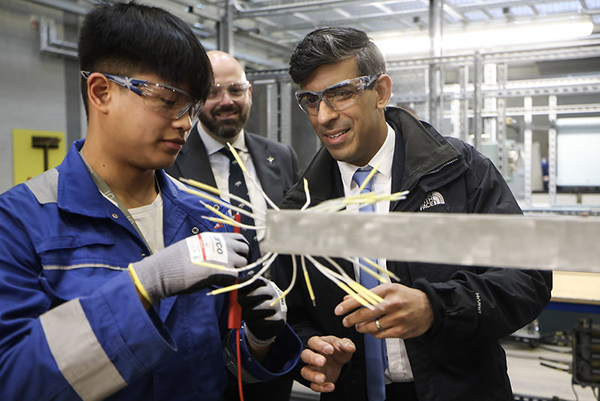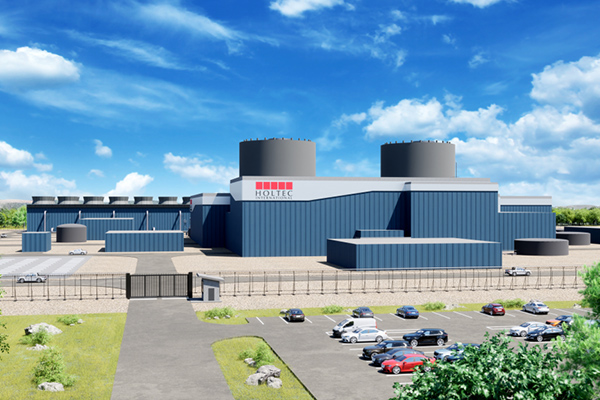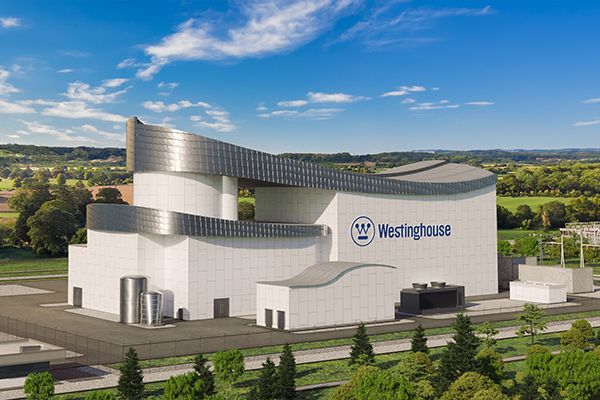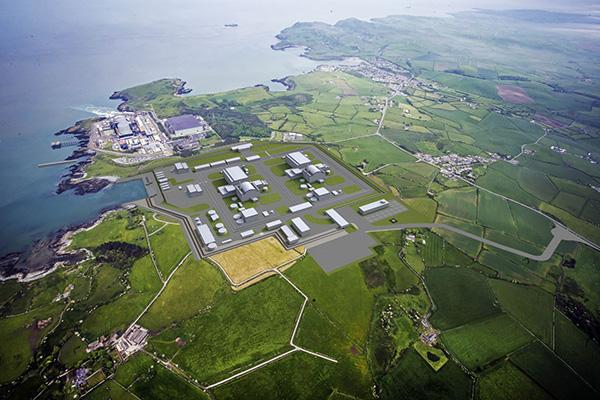The UK government and top-tier nuclear companies have committed to invest at least £763 million in skills development to meet the needs of the civil and defence sectors.
The investment includes £350 million from the government’s existing defence budget and £413 million from industry, and will create some 5,000 apprenticeships in the next four years with top-tier companies. It also aims to drive private investment and create job opportunities across the nuclear sector.
Prime minister Rishi Sunak declared a “national endeavour” to secure the future of UK’s nuclear energy industry and submarine fleet during a visit to BAE Systems in Barrow-in-Furness, Cumbria. Delivering new nuclear power stations and a new submarine fleet will require an estimated 123,000 workers by 2030.

“This is a welcome intervention that builds on a lot of what’s been happening in the sector recently, through the Nuclear Skills Taskforce and work with Great British Nuclear, to join up civil and defence to address shared challenges in skills and capabilities,” commented Liz Gregory, supply chain & skills director at the Nuclear AMRC. “Investment in apprenticeships is always welcome, but to deliver new nuclear power and new submarines, we need to help people enter the industry at all levels including through career conversions from other sectors.
“There’s also a need to help companies further down the nuclear supply chain to train the people and develop the technical capabilities they need to meet demand from the industry primes. Manufacturing innovation in the supply chain can actually help mitigate the demands on the workforce, by helping skilled people such as nuclear-qualified welders be more productive.”
Industrial investment will come from companies including EDF, Rolls-Royce, BAE Systems and Babcock. The government says the investment will create more than 8,000 career opportunities to help the sector fill 40,000 new jobs by the end of the decade, and support plans to double the number of nuclear apprentices and graduates, and quadruple the number of specialist science and nuclear fission PhDs.
“EDF welcomes the joint commitments announced today and looks forward to working with government and industry to help deliver the great opportunities for people who choose to work in the nuclear sector,” said Simone Rossi, CEO of EDF in the UK. “EDF has been at the heart of the UK’s nuclear energy sector for over 15 years and in 2024 is hiring a further 1,000 people into its UK nuclear family – in operations, construction, engineering support and many other exciting roles. The majority of these will be apprentices and graduates, as well as those with relevant skills from other industries.”
Steve Carlier, president at Rolls-Royce Submarines, said: “Nuclear has the power to protect and help meet the growing demand for clean energy, so news of the UK’s commitment to this unique industry is a sign of its importance. From opening our Nuclear Skills Academy, which welcomes 200 apprentices every year for at least the next decade, and our recently announced site expansion work, which is creating over 1,000 new highly-skilled jobs in Derby, to new satellite offices creating almost 300 jobs in Glasgow and Cardiff, Rolls-Royce is playing a pivotal role in supporting this national endeavour.”
The government has also released its Defence Nuclear Enterprise Command Paper, detailing proposals to maintain the UK’s nuclear submarine fleet and missile stockpile.




